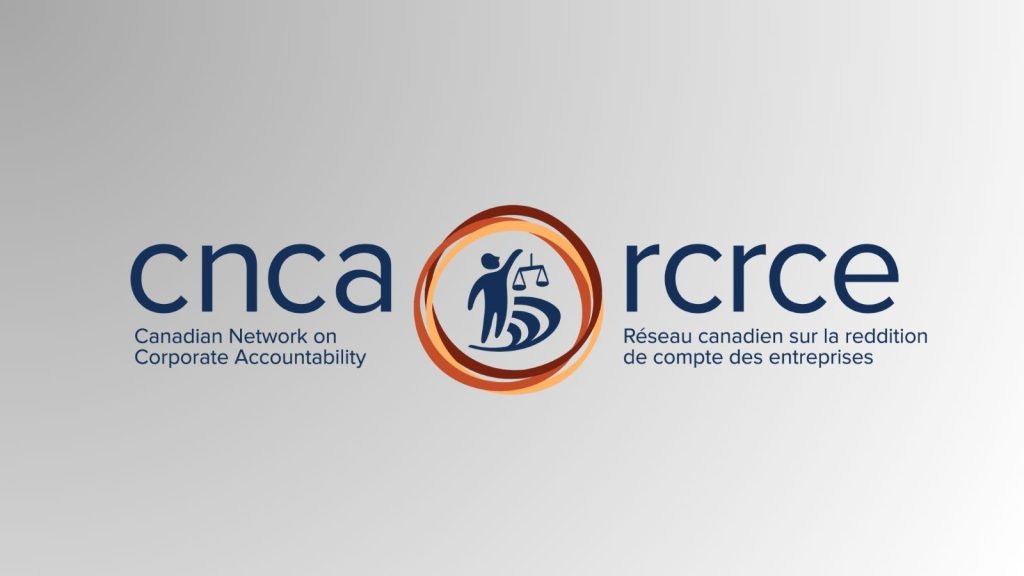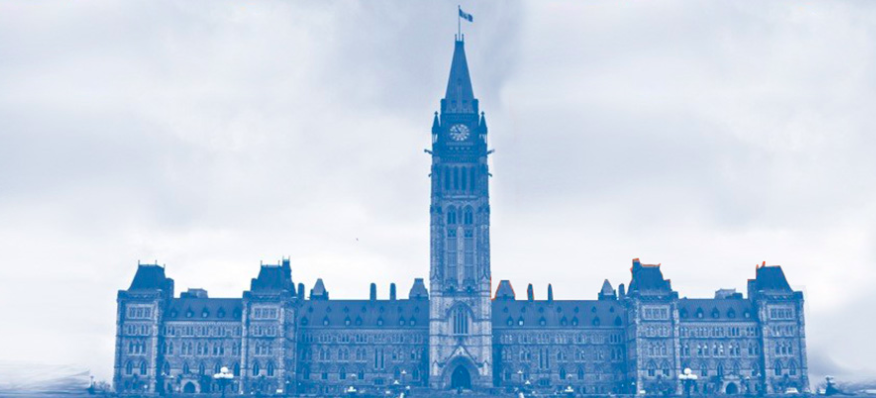Ottawa, 2 November 2016 – The Canadian Network on Corporate Accountability released today detailed model legislation, providing the Canadian government with a blueprint for how to create an effective human rights ombudsperson in the extractive sector.
Human rights abuses at Canadian mining and oil and gas sites around the world are widespread and well documented. Victims of such abuse in local communities have nowhere to turn to seek justice, including in Canada. A new model law being launched today will help the Canadian government fulfill its promise to remedy human rights abuses and prevent future harm, as well as help create a more predictable and stable operating environment where the responsible business practices of Canadian companies are recognized and rewarded.
Examples of widespread human rights violations involving Canadian mining companies in Latin America are detailed in a report launched last Monday, The “Canada Brand.” This report identifies violence associated with 28 Canadian mining companies’ projects in Latin America, including 40 deaths.
“In our globalized world we can’t hide behind the idea that the harm is happening somewhere else and is someone else’s problem,” says Alex Neve, Secretary General, Amnesty International Canada. “Canadian companies need to respect human rights. Canada needs mechanisms to allow those who feel they have suffered harm to seek redress – – our international human rights commitments require it. This model legislation couldn’t come at a better time to help the government show concrete leadership in protecting human rights on the international stage.”
Recent reports on widespread violence at Canadian mines in Latin America and targeted attacks on environmental and human rights defenders near mining developments demonstrate the urgency to act now.
“People in the global South are demanding respect for their rights by transnational mining companies,” said Emily Dwyer, Coordinator of the Canadian Network on Corporate Accountability (CNCA). “The urgency is not lost on Canadians. Over 100,000 Canadians and more than 50 Canadian organizations are calling for the creation of an extractive sector ombudsperson.”
There are currently two mechanisms in Canada that can receive complaints of local communities relating to overseas operations of Canadian extractive companies (the Office of the Extractive Sector CSR Counsellor and the National Contact Point for the OECD Guidelines). However, these mechanisms lack investigatory powers and independence, are not mandated to recommend remedy or to engage in follow-up and monitoring activities and neither of them has proven effective in resolving cases. They lack the confidence of stakeholders.
“When worker and community complaints are not addressed, Canadian mining companies can face long delays in project approvals or operational interruptions with serious financial repercussions.” said Barb Byers, Secretary Treasurer, Canadian Labour Congress. “A human rights ombudsperson that effectively addresses complaints can help repair Canada’s international reputation, and will contribute to a more stable and predictable operating environment and level playing field for Canadian companies that implement responsible business practices”.
Most Canadian political parties, including all opposition parties in the last Parliament, have committed to create an independent human rights ombudsperson for the extractive sector. Today’s model legislation provides the roadmap to do so swiftly and effectively because when it comes to human rights abuse, unlawful and unethical practices, and destruction of livelihoods and environmental degradation, talk is not enough.
“A Canadian company facing credible allegations of overseas human rights abuses should be subject to investigation by an independent and impartial mechanism,” said Emily Dwyer. “Right now all you can get is the chance to talk to the company, and at least half of complaints don’t even get that far.”




